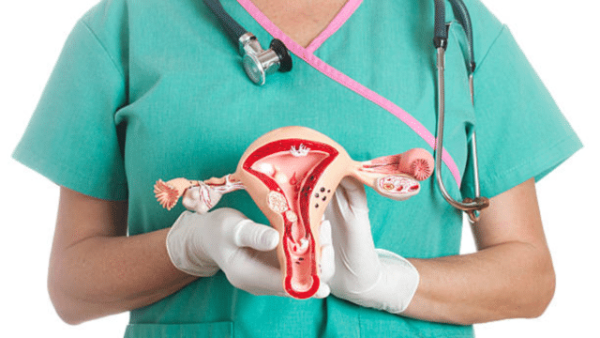
About 99.7% of cervical cancer cases are caused by persistent genital high-risk human papillomavirus (HPV) infection. Worldwide, cervical cancer is one of the most common cancers in women with an estimated 528,000 new cases reported in 2012. Most HPV infections clear spontaneously like any other viral infection but persistent infection with the oncogenic or high-risk types may cause cancer of the oropharynx and anogenital regions.
HPV infection is spread by sexual activity. There are hundreds types of HPV viruses but not all are oncogenic hence we only test for high risk HPV while doing screening. 8 out of 10 females who are sexually active will get HPV infection once in their lifetime but they will not develop cervical cancer unless the infection persists there for years and years. Hence testing the cervix for HPV every 3-5 yearly from the age of 25 to 65 years is advised. Testing HPV will atleast give us an opportunity to check for abnormal cells in cervix and treat them.
Pap smear screening widely done for cervical cancer has been a gold standard for a while however it is only 65 percent sensitive, which means 35 percent chances of missing abnormality. Also, it doesn’t tell us the HPV status hence now the gold standard has shifted to HPV LBC testing, where we take the smear in similar fashion but it is sent for HPV testing as well.
Coming to the preventive aspect of HPV
Primary prevention lies in barrier contraception as it only spreads by sexual activity but the biggest breakthrough in cancer prevention has been the HPV vaccine which naturally develops immunity against HPV virus like any other vaccine hence not only preventing the cancer risk but other HPV related sexual infections like genital warts etc.
HPV vaccine is given to boys and girls of age 9-14 years in two doses and 15-26 years in three doses. It’s been given routinely to school children in western developed countries from last 15 years
India has also emerged shining in this field with our own indigenously developed vaccine which has now rolled on in several states as a part of routine school immunisation program.
Hence its high time for all of us to make ourself and our neighbourhood aware and contribute towards cervical cancer Mukt Bharat.
Primary prevention from HPV infection use a condom every time.
Limit sexual partners: Consider your partners' sexual history and avoid people who have had many other partners.
Delay sexual activity: Wait until you are older to start having sex.
Stop smoking: Smoking is a known risk factor for HPV infection
Immune compromised individuals are at higher risk of developing persistent HPV infection . It could be anything lowering your immunity e.g. poor diabetes control, rheumatoid etc hence these patients are in high need of HPV vaccine.
Dr Priya Bansal, Consultant - Gynae Oncosurgery | Fortis Hospital, Noida
